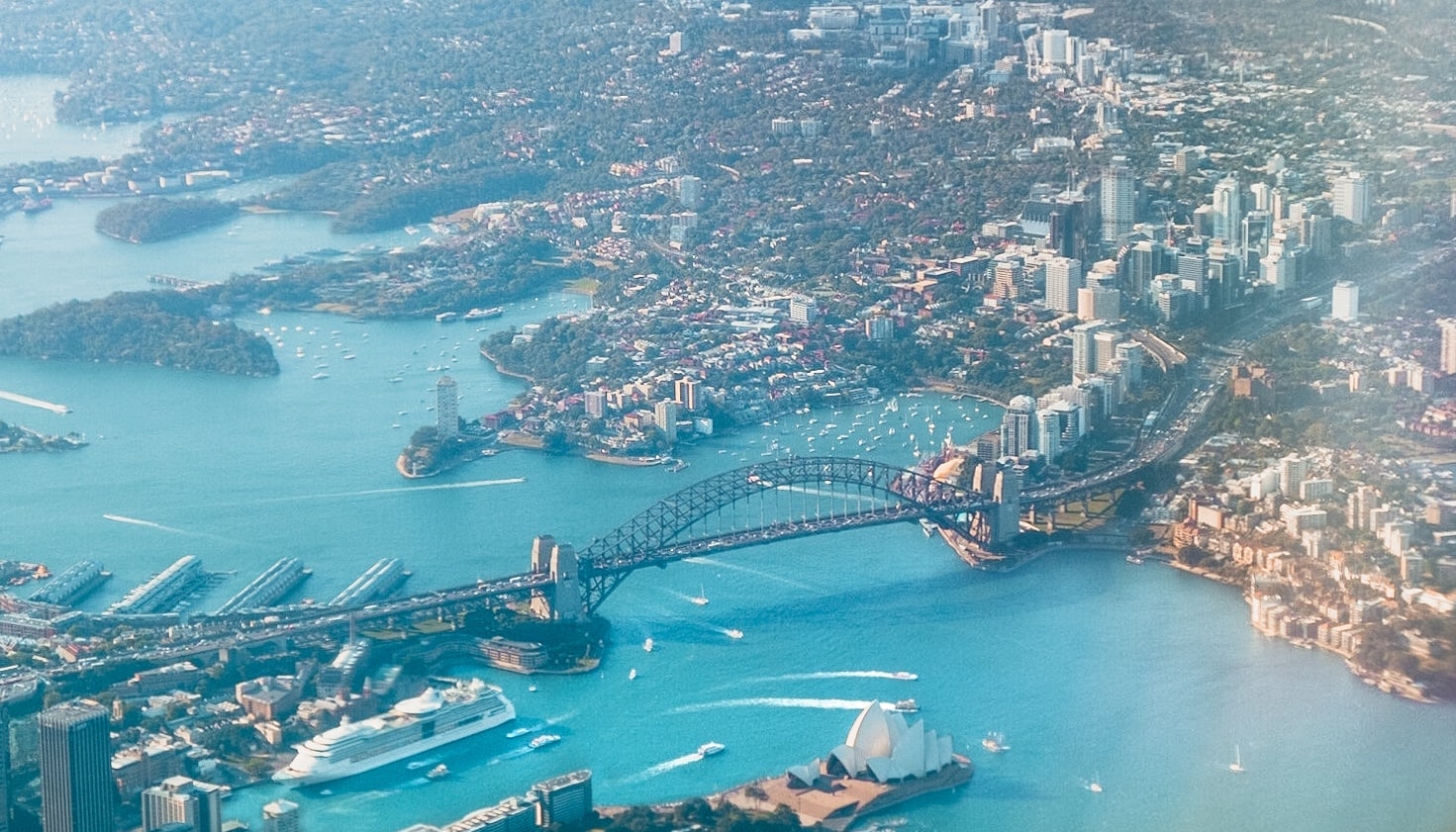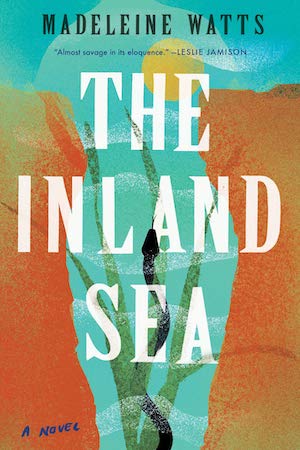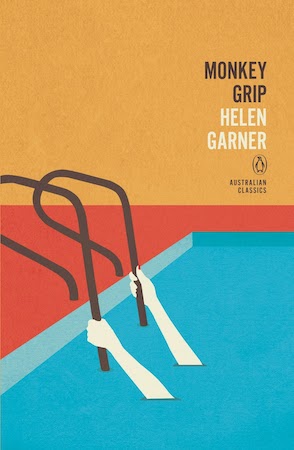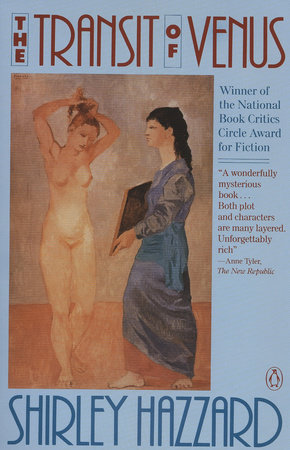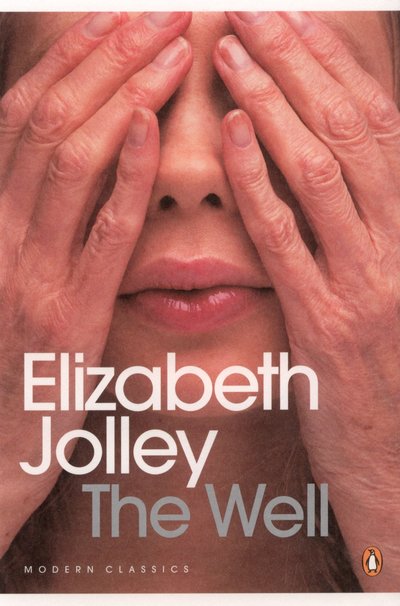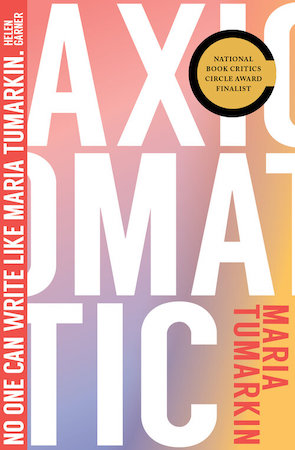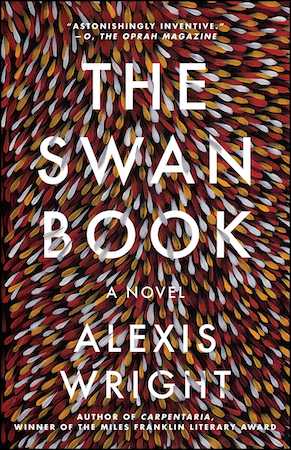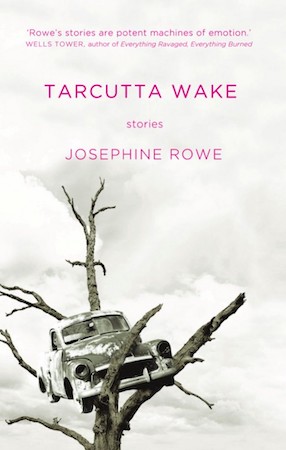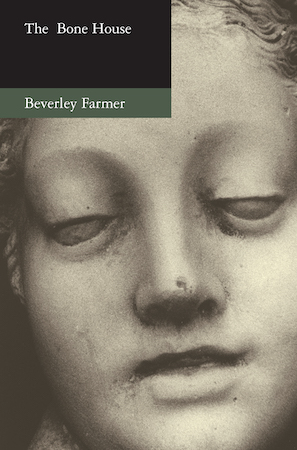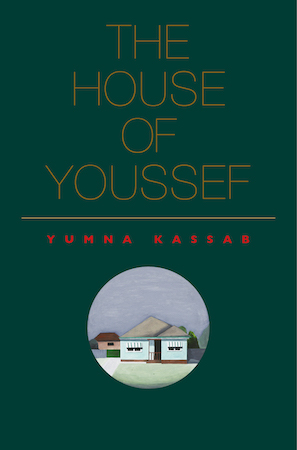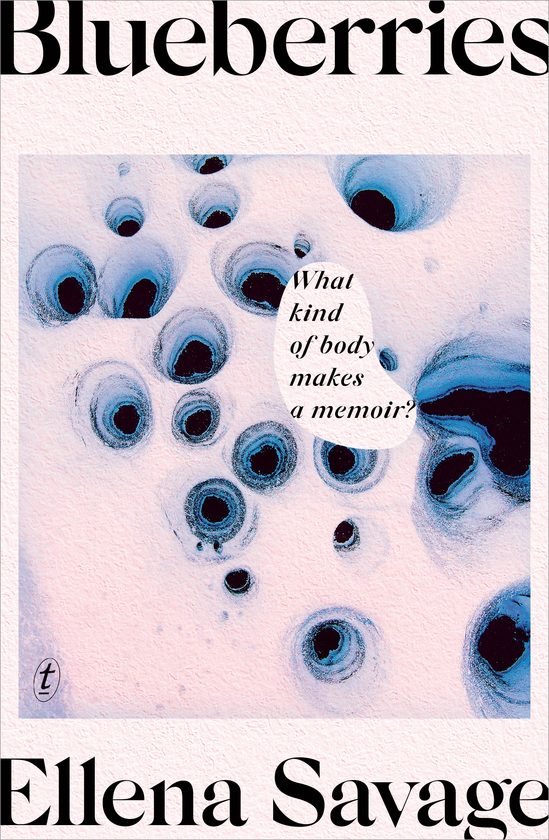If you enjoy reading Electric Literature, join our mailing list! We’ll send you the best of EL each week, and you’ll be the first to know about upcoming submissions periods and virtual events.
When I was growing up in Sydney, I did not often read Australian writers. This wasn’t necessarily a decision I made consciously, they simply weren’t brought into my orbit. I read more British and American writing than I did Australian, and I got through six years of high school without any Australian writers being set in English classes, bar the poet Christopher Slessor. My earliest experiences with Australian literature were men, and this too shaped a sense of myself as an Australian.
It was only as I got older and began to start writing that I went in search of women who would guide me in a different direction. Discovering writers like Christina Stead and Elizabeth Jolley rearranged my sense of who I was and helped me carve out a place for myself.
Too often, Australia is depicted as a masculine place, populated by surfers and rugby players, a place that gave rise to Crocodile Dundee, the murderous psychopaths of horror films like Wolf Creek, and the bland handsomeness of the Hemsworth brothers. Our literature bears out the same preoccupation with the stories of men.
Working at McNally Jackson bookstore in New York, I managed the Australian and New Zealand literature, and I knew which writers sold: Richard Flanagan, Peter Carey, Gerald Murnane, Patrick White, and Tim Winton. I attempted to turn the tide. I recommended the books of Helen Garner, Shirley Hazzard, Josephine Rowe, and others, at any chance I could. These women were not easy to categorize outside of holding the same kind of passport. Many of them were writing outside of Australia, and many of them were writing around the demands of their families and their jobs. They were rarely as well known as their male counterparts, on either an international or national level. But they were the writers of the books who gave me a sense of myself as both an Australian woman and an Australian writer, and they were the writers who meant the most to me. When I came to write my own book, The Inland Sea, many of these women served as models and inspirations—how to write about anti-heroines, the environment, and the way it feels when everything comes undone.
Helen Garner
I remember buying Helen Garner’s novel Monkey Grip from Ariel Books in Darlinghurst when I was a teenager, and the bookseller smiling and saying, “oh, you’re in for a treat with this one.” Monkey Grip was Garner’s first novel, published in 1977, and the first to depict Melbourne’s countercultural milieu, a novel about a doomed affair with a heroin addict.
Her real triumph is The Children’s Bach, a novel about the ways that sex and desire undo a group of interconnected families and friends. It was published in 1984, and it’s maybe one of the best short novels ever written. Garner also happens to be Australia’s greatest essayist, and the volumes of her diaries currently being published are a high point in a career that has played at the edges of fiction and non-fiction. I plowed through every single book Garner had written during 2012, buying them used from Sappho Books in Sydney, and they were for a long time the books I returned to for comfort and fortitude when I doubted whether trying to make money at writing was a worthless pursuit.
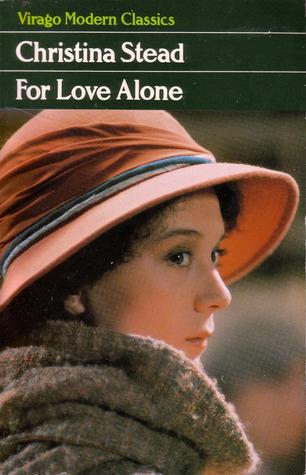
Christina Stead
Born in Sydney in 1902, Stead left Australia in her early 20s and lived in London, Paris, Spain, and New York. Her novels are as different as the cities she lived in. For Love Alone was the first Stead I read—in the backyard that first summer after high school—and the story about a young girl growing up and escaping Sydney remains my favorite.
Stead is most known for The Man Who Loved Children, a novel about the ways in which a father (much like Stead’s own) terrorizes his family. But I’ve always found that book a little grim, and the fact that her publishers convinced her that Americans weren’t interested in Australia and therefore she should, at the last minute, change the Sydney setting to Washington DC makes the book read strangely to both Australians and Americans.
Shirley Hazzard
Another Australian who ended up in New York, but one who led a far more glamorous life, Shirley Hazzard’s greatest novel is The Transit of Venus. I first read The Transit of Venus when I was 19, struck down with a bad flu over the winter break in my first year at university. Reading it with a fever was almost the perfect way to first encounter Hazzard. The novel follows two orphaned sisters as they leave Sydney and move to England, landing in London to meet the three men they’ll fall in and out of love with for the rest of their lives. The book floated around in my brain for eight years in a fever haze before I re-read it. There’s a great tradition of coming back to The Transit of Venus, from Geoff Dyer to Michelle de Kretser, and upon re-reading Hazzard’s masterpiece, I was convinced that she had written one of the best novels of the 20th century.
Elizabeth Jolley
I first came to Elizabeth Jolley because her most famous novel, The Well, was set for a class I took at university on the Australian Gothic. The Well is a deeply unsettling book about two women living together out in the country who accidentally kill a man one evening and drop his body down a well. While excellent, it wasn’t until last year when I read the out-of-print Vera Wright trilogy that I fully understood Jolley’s power. The books, fragmented and disorienting, move us back and forth through time and cover much of Jolley’s own autobiography: a Quaker childhood, nursing in London during the war, giving birth out of wedlock. The books anticipate the work of writers like Rachel Cusk, and share similarities with Tove Ditlevsen and Renata Adler. I only wish they were more widely available so that I could give them to every woman I know.
Maria Tumarkin
I first came to Maria Tumarkin’s work by chance, having picked out her 2005 book Traumascapes from the stacks in the University of Sydney’s Fisher Library one night. Traumascapes is an exploration of the fates of places that are marked by violence and loss, and the ways in which those places can hold that trauma for years afterwards. Her most recent book, Axiomatic, takes as its starting point different axioms: Give Me a Child Before the Age of Seven and I’ll Give You the Woman, You Can’t Enter The Same River Twice, etc. The book asks, fundamentally, how do we speak about the past? Using the axioms, Tumarkin forces us to grapple with how we tell the stories of our pasts, how we incorporate the past into our present. With Axiomatic, Tumarkin cemented her place as one of Australia’s best and most unflinching writers of creative non-fiction.
Alexis Wright
Alexis Wright is a member of the Wanyi nation of the Gulf of Carpentaria. She is a formidable writer of non-fiction, including Grog War, a study of alcohol abuse in Australia’s Northern Territory, and Tracker, a collective memoir of the Aboriginal leader Tracker Tilmouth. Lyrically complex, with sprawling narratives, Wright’s fiction centers Indigenous ecological knowledge in stories that revolve around ecological responsibility and land tenancy, drawing on oral storytelling traditions and myth. My favorite is The Swan Book—one of the earliest works of climate change fiction I encountered—which follows a mute young woman taken away from her home in the North to a Southern city flooded by the rising oceans.
Josephine Rowe
Josephine Rowe is one of Australia’s best writers working today, and one of the finest sentence-writers in the English language, in my view. I first encountered her through her short story collection, Tarcutta Wake, and was blown away by her exquisite stories, which were unlike anything else I had read from an Australian writer. The precision she brings to the writing of her short stories lends itself to her novel, A Loving, Faithful Animal, which I read in a great two and a half hour gulp on the train from Sydney into the mountains. Told from the perspective of multiple members of the same family, who are all dealing with the sometimes violent, and sometimes absent, presence of their Vietnam War veteran father, the book proceeds in sparse, knife-sharp sections.
Beverley Farmer
Beverley Farmer was a writer difficult to classify, whose stories, novels and essay-fiction hybrids touch on themes of home and restlessness. I first came to Farmer on the recommendation of Josephine Rowe who recommended the undefinable The Bone House—a difficult-to-categorize triad of essays about the life of the body and the elements that shape our lives: water, fire, blood, darkness. The Bone House was published in 2005 (and Rowe has since written a book on Farmer, On Beverley Farmer: Writers on Writers, published in 2020). Reading Farmer was like having the lights turned on in my mind, a focus and attention suddenly brought to bear on every part of life. On a trip back to Australia I bought This Water, a collection of five long stories and the last book Farmer wrote before her death in 2018. The opening story in This Water, “A Ring of Gold,” is a perfect novella, and a master-class on the themes Farmer depicts best: water, women, transformation.
Yumna Kassab
Kassab’s debut short story collection, The House of Youssef, was published in 2019. A beautiful book reminiscent of the minimalist stories of Amy Hempel and Raymond Carver, all of Kassab’s stories take place in the Australian Lebanese community centered in the western suburbs of Sydney—a part of Australia think-pieced to death after election cycles, much like the American Midwest and England’s North. Kassab’s stories focus on the downward spiral of the one family, threaded through with vignettes about other people in the community. Like the work of Carver and Hempel, Kassab has shaped the form to the content. In a craft essay for Kill Your Darlings, she writes:
“One day I looked around and saw I lived in an ordinary place. The people I knew were ordinary people, and the food I ate with these people belonged on the ground…This is life stripped to its essentials, and the wording in my stories has been chosen in a similar way. My language is humble. It speaks the story of a common life using a dressed down word.”
Ellena Savage
Published in early 2020, Ellena Savage’s debut Blueberries is one of the best essay collections I have read in recent years, or ever. Having spent many years reading her work in The Lifted Brow before I moved away from Australia, I was already primed to be impressed by her writing. Blueberries is a collection of essays that are somewhere between personal essay, prose poetry and polemic. Fiercely intelligent, the book is both a memoir and an interrogation of the whole idea of memoir, approaching the kind of formal experimentation of Wayne Koestenbaum and Maggie Nelson with more humor and heart than I could ever have anticipated.
